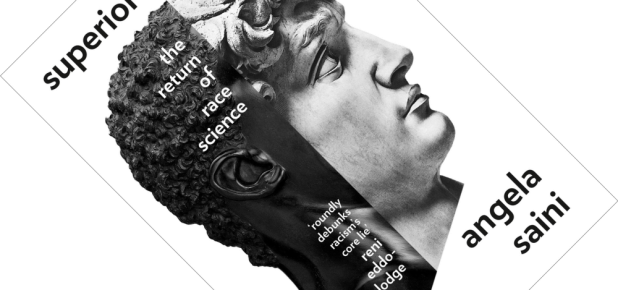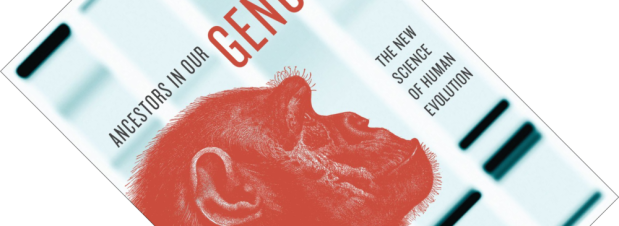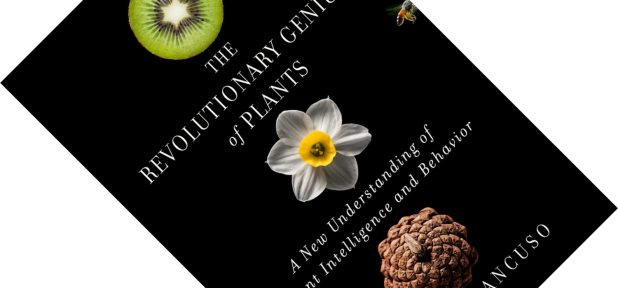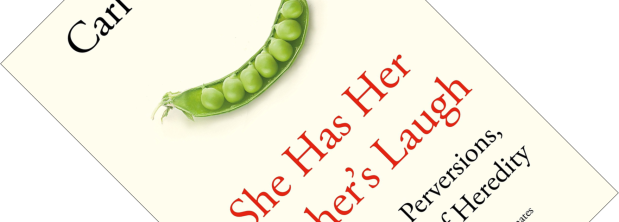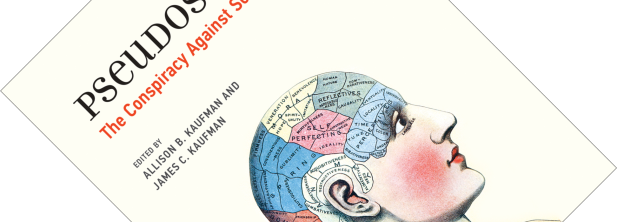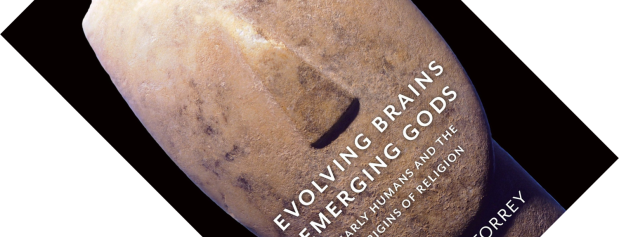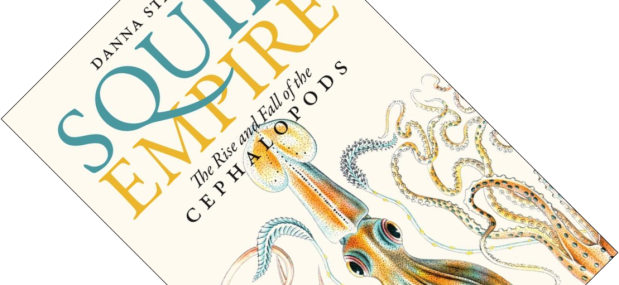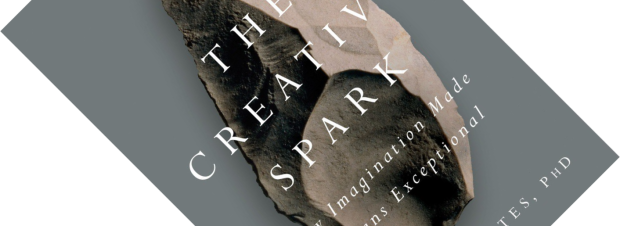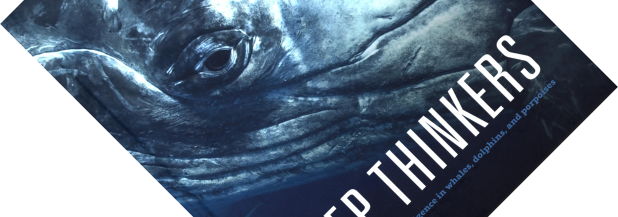Over something as mundane as the tone of one’s skin humans have been inflicting intense grief and misery upon each other for centuries. And when biology and anthropology arose as scientific disciplines, they were brought into the fold to justify subjugation, exploitation, and slavery. With Superior: The Return of Race Science, journalist Angela Saini has written a combative and readable critique of race science that seems to be rearing its ugly head again. But in her fervour, does she take it too far to the other extreme?
intelligence
Book review – Ancestors in Our Genome: The New Science of Human Evolution
After I read and reviewed Who We Are and How We Got Here: Ancient DNA and the New Science of the Human Past, I thought I knew about the changes to the story of human evolution based on studies of DNA. And given that Ancestors in Our Genome was published a few years before that book, I was curious what it could add to what I had been reading so far. As it turns out, a lot. As with my previous review, I should preface this one with the same warning that things are about to get complicated…
Book review – Blueprint: How DNA Makes Us Who We Are
When I opened this book and read its sales pitch (I paraphrase: “What if I told you of a new fortune-telling device that can predict psychological traits – it’s called the DNA revolution!”) I raised my inquisitive but sceptical eyebrow somewhat. Did I just pick up another piece of pop-psychology pulp? Oh boy, was I wrong! Behavioural geneticist Robert Plomin has written an incredibly interesting book with Blueprint, explaining how rapid advances in DNA sequencing technology are opening vast new vistas on the genetics underlying psychology. And is it ever so different, and more complex, than what hyped-up newspaper headlines have tried to sell us so far.
Book review – The Revolutionary Genius of Plants: A New Understanding of Plant Intelligence and Behavior
In an earlier review, I said that botany was never my greatest love. With The Revolutionary Genius of Plants, Italian plant neurobiologist Stefano Mancuso does a very good job of changing my mind. In the preface, he implores readers to imagine what it is like to be a plant, unable to escape predators. How can you survive this onslaught? The answer: by becoming virtually indestructible. And the way plants do this is by having a body plan that is almost the inverse of animals. There was something so powerful about Mancuso’s writing here that he instantly drew me in.
Book review – She Has Her Mother’s Laugh: The Powers, Perversions, and Potential of Heredity
If Charles Darwin were to walk into my office today and ask me: “So, what did I miss?” I think I would sit the good man down with a copy of She Has Her Mother’s Laugh, telling him: “Here, this should get you up to speed”. Darwin struggled to explain how traits were being inherited from generation to generation. As New York Times columnist Carl Zimmer shows in this wide-ranging book, the story of heredity has turned out to be both diverse and wonderful, but has also been misappropriated to prop up some horrible ideologies.
Book review – Pseudoscience: The Conspiracy Against Science
Fake news, alternative facts, misinformation. These buzzwords have been making headlines all too regularly in the last few years. Who to trust and how to tell apart well-executed science from bunk has become increasingly challenging amidst the information overload of our internet era. The edited collection Pseudoscience: The Conspiracy Against Science brings together 22 contributions that examine the problem of pseudoscience from a variety of perspectives. The unbelievable things people believe in may be easy to mock, but, as this book makes clear, they are no laughing matter.
Book review – Evolving Brains, Emerging Gods: Early Humans and the Origins of Religion
As mentioned previously in my review of Barbara King’s Evolving God, religion is a pervasive phenomenon, and many scholars have put forward explanations of how, when, and why it arose. The arguments King put forth did not convince me that religion is anything more than a by-product of our evolution. Apparently, so did Darwin. Though believers often like to point out Darwin was a Christian too, he struggled to reconcile the two and ultimately lost his faith. American psychiatrist E. Fuller Torrey gracefully acknowledges this intellectual heritage and here updates this idea, putting forth the convincing argument that religion arose as a by-product of brain evolution.
Book review – Squid Empire: The Rise and Fall of the Cephalopods
Cephalopods, the group of molluscs that include the octopus, squid, cuttlefish and nautilus, are some of the most fascinating invertebrates to live in the world’s seas. Especially the octopus is famed for its intelligence and mind-bending acrobatics, being able to squeeze through the smallest hole. There have been some fantastic popular books on cephalopods recently, from William’s entertaining Kraken: The Curious, Exciting, and Slightly Disturbing Science of Squid to several works focusing on the octopus (Godfrey-Smith’s Other Minds: The Octopus and the Evolution of Intelligent Life, Montgomery’s touching The Soul of an Octopus: A Surprising Exploration of One of the World’s Most Intriguing Creatures, which made me tear up in more than one place, Mather et al.‘s Octopus: The Ocean’s Intelligent Invertebrate, and Harmon Courage’s Octopus! The Most Mysterious Creature in the Sea). But, as marine biologist Danna Staaf remarks, what’s been missing is a popular book on the evolution of cephalopods. Having been fascinated with them since childhood, she eventually decided to write Squid Empire. All hail the squid!
Book review – The Creative Spark: How Imagination Made Humans Exceptional
With his new book, The Creative Spark, Agustín Fuentes, a primatologist and anthropologist currently at the University of Notre Dame in Indiana, boldly puts forth the idea that what makes humans special is creativity. The ability of humans to switch back and forth between considering what is, and dreaming of what might be, and to then put these thoughts into actions (often collaboratively), has brought us a very long way from our primate origins to the tool-wielding, world-shaping force of nature of today. Along the way, Fuentes wants to do away with some of the dominant narratives regarding human evolution today, or rather, he thinks most of them oversimplify things and lead to distortions in our thinking. Instead, he presents a new synthesis that places creativity front and centre stage as being the most important mechanism that helped us overcome challenges.
Book review – Deep Thinkers: An Exploration of Intelligence in Whales, Dolphins, and Porpoises
Cetacean intelligence remains a topic of intense interest, and has been the subject of several excellent books in recent years, such as Are Dolphins Really Smart? The Mammal Behind the Myth, The Cultural Lives of Whales and Dolphins, and Dolphin Communication and Cognition: Past, Present, and Future. Ivy Press typically produces entry-level pop-science books, which is by no means intended as a disparaging qualification. I have read several of above-mentioned books, and even for a biologist coming from a different discipline, these are technical works. Ivy Press’s Deep Thinkers stands out by being both accessibly written and richly illustrated, making it a perfect entry to this topic.

